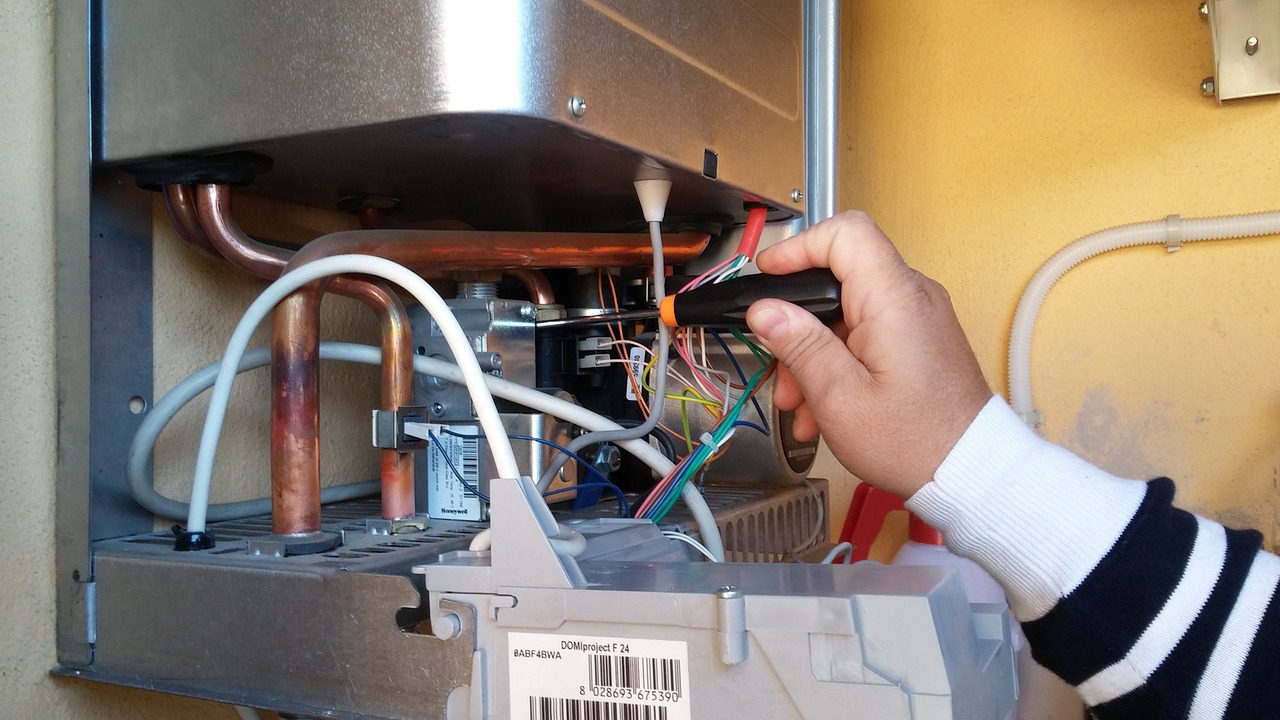
INSURANCE TO VALUE – ITV – HOMEOWNERS INSURANCE
November 28, 2014
Water Heater Failure – Is It Insured?
December 2, 2014 The term ‘Escrow’ has two meanings. Escrow is used mainly in the Western States as the process of closing the purchase or refinancing transaction of real property; Escrow Companies exist to facilitate the purchase, sale & refinancing of real property transactions. In States where Escrow Companies are not used, Mortgage and Title Companies utilize ‘Closing Professionals’ to facilitate the same process.
The term ‘Escrow’ has two meanings. Escrow is used mainly in the Western States as the process of closing the purchase or refinancing transaction of real property; Escrow Companies exist to facilitate the purchase, sale & refinancing of real property transactions. In States where Escrow Companies are not used, Mortgage and Title Companies utilize ‘Closing Professionals’ to facilitate the same process.
During the Escrow/Closing process, if a mortgage is involved, it is customary for the mortgage lender to require that all taxes are current and property insurance is paid in full for the first year. Escrow companies will be charged with the fiduciary responsibility to assure the mortgage company upon funding that both conditions have been met and proven.
The term Escrow is also used synonymously with a Mortgage Impound Account which is simply a savings account setup for the purpose of saving funds in preparation of making payments to renew property insurance and property taxes; a mortgage company or bank will simply calculate the necessary amount to be deposited into the Escrow/Impound account monthly in order for a shortage not to exist when future property tax and future property insurance invoices are presented.
The monthly calculation usually involves the addition of the annual property tax and the annual property insurance, a 10% safety buffer is added, then the total is divided by 12. The account is an interest bearing account and an annual assessment summary is sent to the mortgage holder at the end of each year. There is usually no charge associated with having this account; it is simply to facilitate payments without the burden of a large obligation at one time for the mortgage holder.
It is important for homeowners to understand the escrow and/or impound process as there seems to be many misconceptions of how the process works. It is a very simple process but the most confusing to the ley person is the fact that he/she is actually depositing a monthly savings amount into an account which will pay future invoices presented.
Property Taxes are generally invoiced twice a year and Homeowners Insurance is generally invoiced once a year; money is saved on a monthly basis in order for the funds to be present when the invoices arrive.
For a further and/or more detailed explanation, you may wish to contact your Real Estate, Mortgage and or Escrow/Closing Professional directly.

